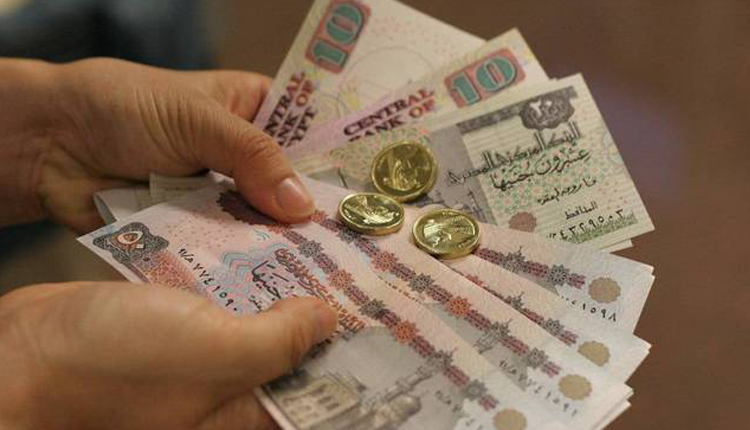There are signs that foreign investors may be warming to Egypt after the EGP eased a bit against the USD, Bloomberg reports.
Bloomberg suggested that “a stable currency and elevated interest rates have kept Egypt’s bond market humming for months” and suggesting that a more flexible EGP could “keep investors coming back for more.”
Over the past month, the currency has returned to where it was seven months ago, easing a little over 2.8 percent since 17 May after holding steady at around EGP 15.68 / USD through the worst of the covid-inspired market chaos in March.
EGP weakness in the coming weeks
“We would not be surprised to see some more moderate, mild and heavily controlled weakness in the Egyptian pound over the coming weeks and months given the current-account deficit and more flexibility from the authorities following their recent negotiations with the IMF,” said Paul Greer, a London-based money manager at Fidelity International, which oversees about $380 billion.
Emirates NBD expects the pound to reach 17 against the dollar by year-end and 18 by end-2021. The pressure on the currency won’t be as intense as it was in 2016 given Egypt’s economic progress and the prospect of a recovery in inflows in the next 12 months.
EFG Hermes sees Egypt’s currency at 16.5-17 by year-end, following “a clear signal from the central bank that its support to the pound amidst the unprecedented capital outflows in the past two months is being withdrawn, with the currency gradually reflecting market forces”. JP Morgan, meanwhile, says that “external support should prevent disorderly FX movement, but it would not be surprising to see the EGP give up the gains made in 2019.”
Renewed investor appetite for local-currency debt
There is a renewed investor appetite for local-currency debt, according to Naeem Holdings as the subscription rate at recent Treasury auctions has seen a “sizeable jump”.
Foreign holdings of local-currency bonds had plunged by around 60 percent to USD 9-10 bn by the end of May as investors pulled an unprecedented amount of capital from emerging markets during the covid-inspired market tumult.


